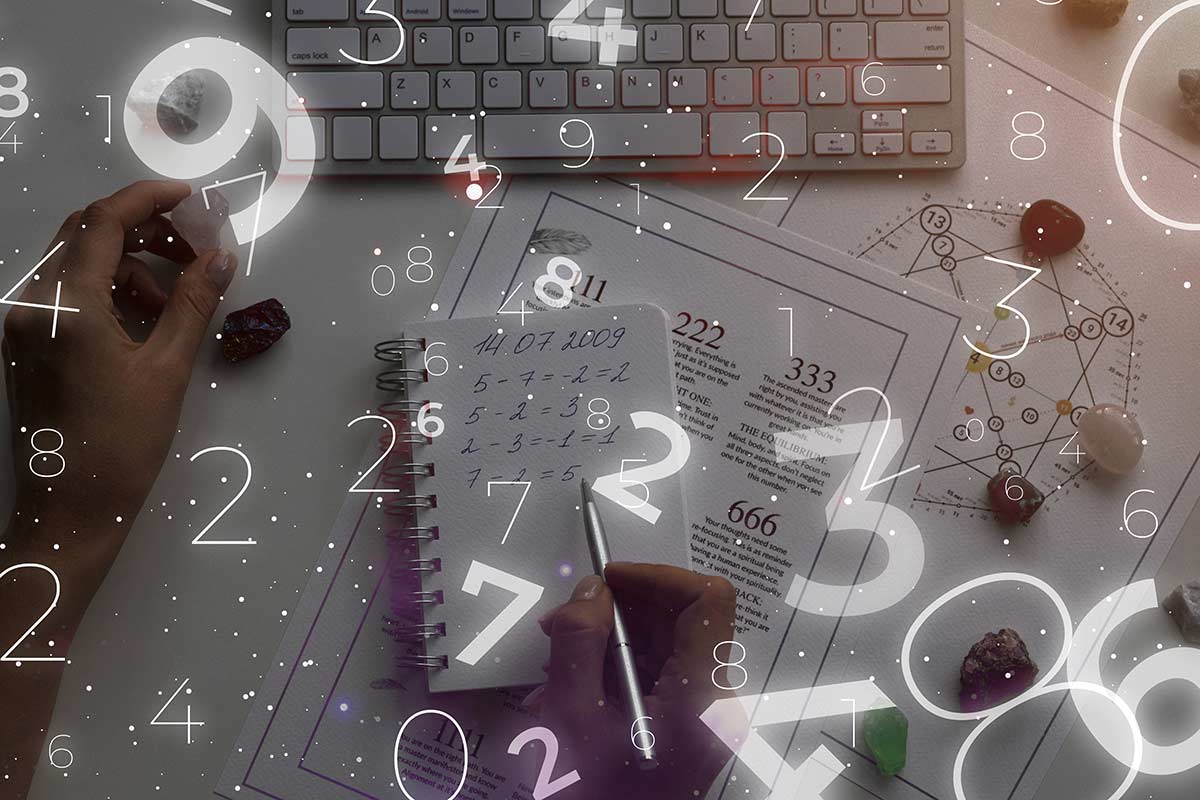A math tutor can remove anxiety fast by replacing guesswork with short, repeatable wins and calm practice routines. The plan below shows exactly what a private tutor does in the first two weeks, so confidence rises and mistakes drop.
The fastest way to cut math anxiety is a short daily routine that mixes retrieval practice, worked examples, and low-pressure quizzes guided by a math tutor. A private tutor personalizes the steps, sets the right difficulty, and celebrates small wins so the brain stops pairing math with stress.
What causes anxiety, and how a tutor fixes it
Math anxiety is a stress response that blocks working memory during problem solving. It is often triggered by time pressure, missing foundations, and fear of being wrong in front of others.
A tutor’s fix is simple and practical. Slow the task so there is time for thinking. Shrink the skill to the smallest step you can do successfully. Practice that step until it feels routine, then stack the next step. This combination lowers arousal, frees working memory, and restores accuracy.
Step-by-step routine your tutor will run
First, take a ten-minute baseline quiz without a timer to identify exact skill gaps and any panic triggers. Second, begin each session with two slow breaths and an easy one-minute problem you already know. This resets confidence before tackling new material.
Third, study one worked example and then solve a near twin aloud so the reasoning becomes visible and coachable.
Fourth, use a retrieval ladder with three flash cards that you can answer in about ten seconds each, then repeat them later in the session to consolidate memory.
Fifth, keep an error journal and write a single fix line, such as checking the sign change on step two, so mistakes turn into patterns you can repair.
Sixth, end with an easy review item so the session closes on a clear win; the brain will remember. Seventh, follow a daily ten-minute home loop that includes a short warm-up, one model solution, two independent problems, and a one-line exit ticket.
Fast wins you can use tonight
Remove timers for one week to break the fear loop. Use a pencil and wide-lined paper to slow down and reduce cross-outs. Read the question aloud, underline the verb and the data, and point to each line as you check your work. Start with one problem you can solve in under a minute, then take a brief pause between steps to keep your heart rate down.
The tools a Math Tutor brings that speed results
Tutors carry retrieval decks tied to the current unit so practice stays relevant. They prepare model solutions with highlight marks where slips usually happen. They track a simple one to five confidence score before and after each session, so progress is visible within days. They send a parent brief that explains exactly what to do on non-tutoring days so support stays consistent.
External proof you can trust
Research shows that anxiety reduces working memory, which harms math performance, and that explicit instruction combined with short, successful practice improves outcomes. A clear overview is available from the American Psychological Association here: math anxiety overview.
FAQ
How long until I feel calmer?
Most students report lower stress within one to two weeks when they follow the routine above with a tutor’s guidance.
What if tests still cause a freeze?
Begin with untimed quizzes to rebuild accuracy, then add gentle timing only after correct steps feel automatic.
Do online sessions work?
Yes, when the tutor uses live screen annotation, a camera for handwriting, and a shared error journal, online sessions match in-person results.
You can explore a local math tutor who can run this plan with you and learn how a private tutor supports long-term study skills across subjects. More FAQs here.
If you are ready to feel calm and in control during math sessions, book a consult here.


